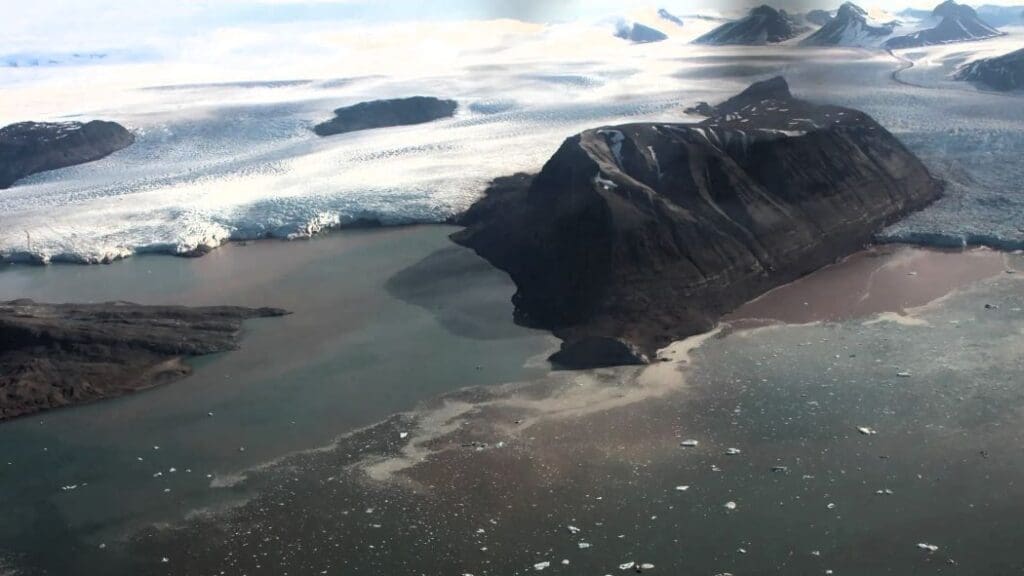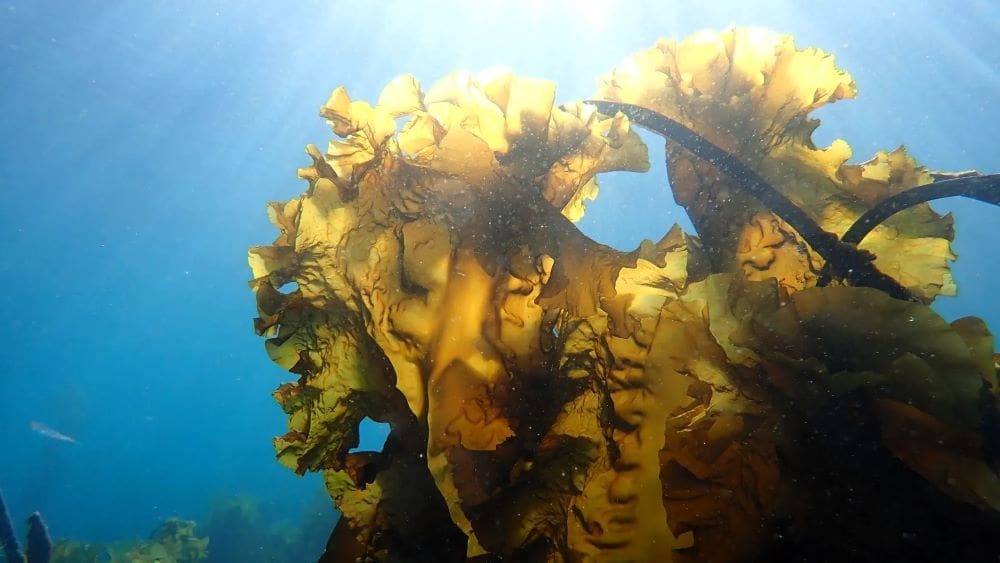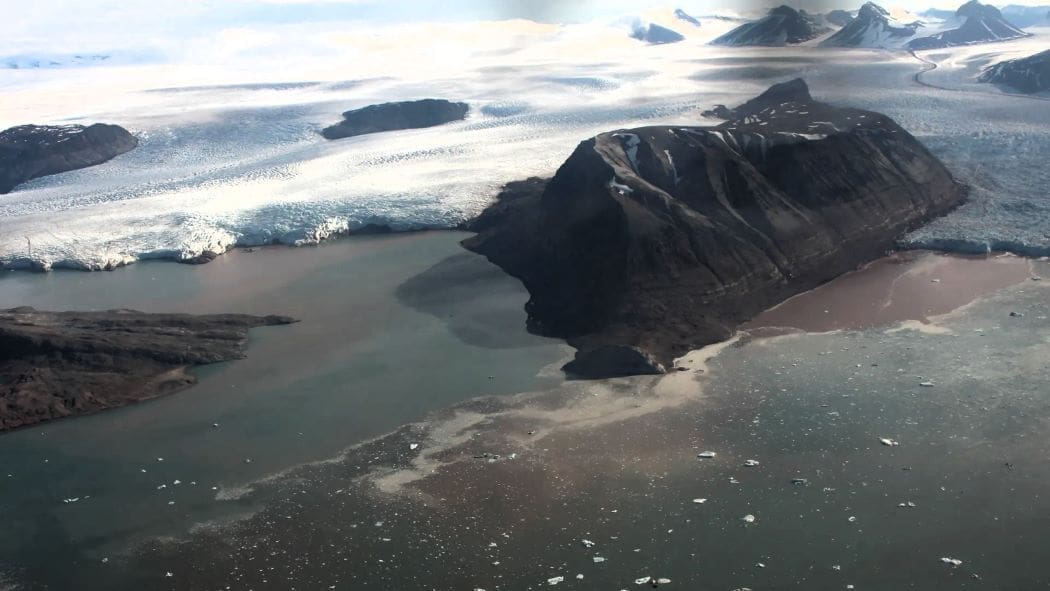Summary:
As the Arctic warms at an accelerating pace, the melting of glaciers, snow, and permafrost is dramatically altering coastal ecosystems.
A new study published in Scientific Reports examines how these changes impact kelp forests, which play a crucial role in Arctic marine environments by providing food, habitat, and nursery grounds for various organisms. Researchers from the University of Bremen and MARUM – Center for Marine Environmental Sciences analyzed the effects of increased coastal run-off on Arctic kelps. Their findings reveal that higher run-off intensities lead to increased concentrations of both essential micronutrients and harmful heavy metals like mercury.
The study also found that kelp microbiomes shift under different run-off conditions, which could have cascading effects on marine food webs. These ecological disruptions may ultimately impact Arctic fisheries and local economies, while also presenting potential opportunities for sustainable resource extraction through phytomining.

The unforseen effects of melting glaciers on Arctic coastal ecosystems
In an interdisciplinary cooperation project of the EU-projects FACE-IT, ECOTIP, and SEA-Quester, the scientists investigated consequences of climate change in the Arctic. They focused on a group of organisms that form the very basis of Arctic coastal ecosystems – brown macroalgae, known as kelps, which form dense and extensive underwater forests along rocky coastlines.
The ecological role of kelps can be compared to trees on land: They provide food, habitat, and a nursery ground for a variety of organisms and thereby maintain complex ecosystems. The researchers focused on the effects of climate change on kelps in order to draw conclusions about the ecological and socio-economic consequences.
Their findings in Arctic coastal ecology have been published in the international journal Scientific Reports by Sarina Niedzwiedz and Kai Bischof from the University of Bremen and MARUM – Center for Marine Environmental Sciences and their team of co-authors.
Warming increases run-off intensities – and influences element concentrations
The Arctic region is warming at a rate that is far above the global average. Consequently, snow, glaciers, and permafrost are melting – all of which are contributing to coastal run-off plumes. The run-off plumes changes water parameters drastically as large volumes of fresh water reduce the salinity, washed-in sediments reduce the light availability, and, depending on the lithogenic and organic material in the run-off, the elemental composition is changing.

While many of the elements that are being washed into the fjords can act as micronutrients for kelps (e.g., sodium, magnesium, potassium), harmful elements, such as heavy metals (e.g., cadmium, lead, mercury) have also been found in higher concentrations. The researchers collected kelps exposed to different levels of run-off intensities and analyzed their elemental composition.
Across all investigated elements, the team found the same pattern: As run-off intensity increases, so does element concentrations. In the case of mercury, kelps that were highly influenced by run-off were characterised by a 72 per cent higher mercury content compared to kelps from the control area.
Changing microbiome
Further, the researchers analyzed how different run-off rates affect the kelp microbiome. The microbiome is highly important for the ecological function of kelps, such as their nutritional value or elemental cycling in the ecosystem. They found that the microbiome also changed with different run-off rates.
Both of these climate-related changes on kelps are likely to have cascading consequences for the entire ecosystem. The ingestion of metal-contaminated kelps was shown to have negative impacts, such as reduced development, growth, and reproduction, and might lead to a bioaccumulation of harmful elements across the Arctic food web. Eventually, this might also have socio-economic consequences.
The high biosorption potential of kelps has to be considered in the implementation of maricultures. However, harvesting kelps in fjords with high levels of meltwater and metal contamination might be an environmentally friendly method to harvest rare earths (phytomining). Rare earths are increasingly being used in key technologies such as renewable energies and electronics.
Journal Reference:
Niedzwiedz S, Schmidt C, Yang, Y, Burgunter-Delamare B, Andersen S, Hildebrandt L, Pröfrock D, Thomas H, Zhang R, Damsgård B, Bischof K, ‘Run-off impacts on Arctic kelp holobionts have strong implications on ecosystem functioning and bioeconomy’. Scientific Reports 14: 30506 (2024). DOI: 10.1038/s41598-024-82287-w
Article Source:
Press Release/Material by MARUM – Center for Marine Environmental Sciences, University of Bremen
Featured image credit: Sarina Niedzwiedz | Universität Bremen | CC BY




